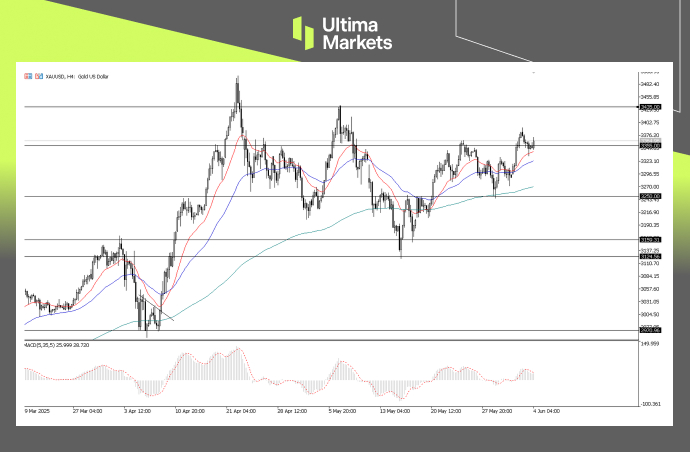U.S. Steel Tariffs, China Curbs Spark Trade Concerns
Recent move from both US and China could have potentially reignited global trade concerns, with U.S. President Donald Trump raising tariffs on steel and aluminum and China tightening restrictions on critical mineral exports. These developments threaten to disrupt global supply chains and stoke inflationary pressures, particularly in manufacturing-heavy industries like automotive, construction, and technology.
Trump Doubles Tariffs on Steel and Aluminum
President Trump signed a proclamation on Tuesday to increase tariffs on imported steel and aluminum from 25% to 50%, citing national security grounds. The revised tariffs are set to take effect Wednesday and reflect Trump’s ongoing push to reduce U.S. dependence on foreign metal imports.
Trump argued that the tariff hike would boost domestic production and protect U.S. steelmakers from what he describe as a “national security” threat. However, the decision has raised alarms across various sectors, particularly among manufacturers that rely heavily on imported steel and aluminum.
Industries that rely on steel and aluminum may face significantly higher material costs. As a result, businesses could be forced to pass increased costs onto consumers through higher prices, delay production or reduce profit margins, or cut jobs and scale back investment plans.
The immediate market reaction showed concern over potential cost-push inflation and potentially renewed tensions in global trade relations.
China Rare Earth Export Curb
Simultaneously, China’s latest move to curb exports of critical minerals has sent shockwaves through global manufacturing sectors. In April, China suspended exports of several rare earth material that vital to electric vehicle (EV) batteries, semiconductors, aerospace components, and military production.
China controls a dominant share of the global supply of rare earths, and the export restrictions have further strained global supply chains already stretched/
Global automakers—particularly in the U.S., Europe, and Japan—have expressed concern over potential production delays and even factory shutdowns if access to these essential materials is not quickly restored. Industry groups warn that unless alternative suppliers or diplomatic solutions are found, production disruptions may ripple across key sectors.
Broader Implications: Trade War Risk May Reignite?
The U.S. decision to raise tariffs on steel and aluminum, coupled with China’s move to restrict exports of key minerals, underscores the fragile state of their trade relationship. Despite a trade agreement reached in May, these latest actions indicate that tensions remain unresolved.
Senior U.S. officials have stated that President Trump and President Xi are expected to hold talks soon to address the growing friction.
However, China has emphasized that the U.S. must first create the necessary conditions for bilateral ties to return to the “right track.” While high-level talks remain possible, the outlook is still uncertain, and the risk of a renewed trade war cannot be ruled out.
Market Reaction: Gold Surges to One-Month High
Gold, often seen as a safe-haven asset, has surged to a one-month high over the past two days amid rising concerns about global trade tensions. This reflects growing market caution as uncertainty increases.

XAUUSD, 4-H Chart Analysis | Source: Ultima Market MT5
From a technical perspective, gold has broken above the recent resistance near 3355, reaching a new monthly high at the start of the week. If it continues to hold above this level, further upside movement is possible in the near term.
However, the broader trend for gold remains within a wide consolidation range. Unless trade tensions escalate significantly, gold is still likely to stay in consolidation mode.
Disclaimer
Comments, news, research, analysis, price, and all information contained in the article only serve as general information for readers and do not suggest any advice. Ultima Markets has taken reasonable measures to provide up-to-date information, but cannot guarantee accuracy, and may modify without notice. Ultima Markets will not be responsible for any loss incurred due to the application of the information provided.
Why Trade Metals & Commodities with Ultima Markets?
Ultima Markets provides the foremost competitive cost and exchange environment for prevalent commodities worldwide.
Start TradingMonitoring the market on the go
Markets are susceptible to changes in supply and demand
Attractive to investors only interested in price speculation
Deep and diverse liquidity with no hidden fees
No dealing desk and no requotes
Fast execution via Equinix NY4 server









